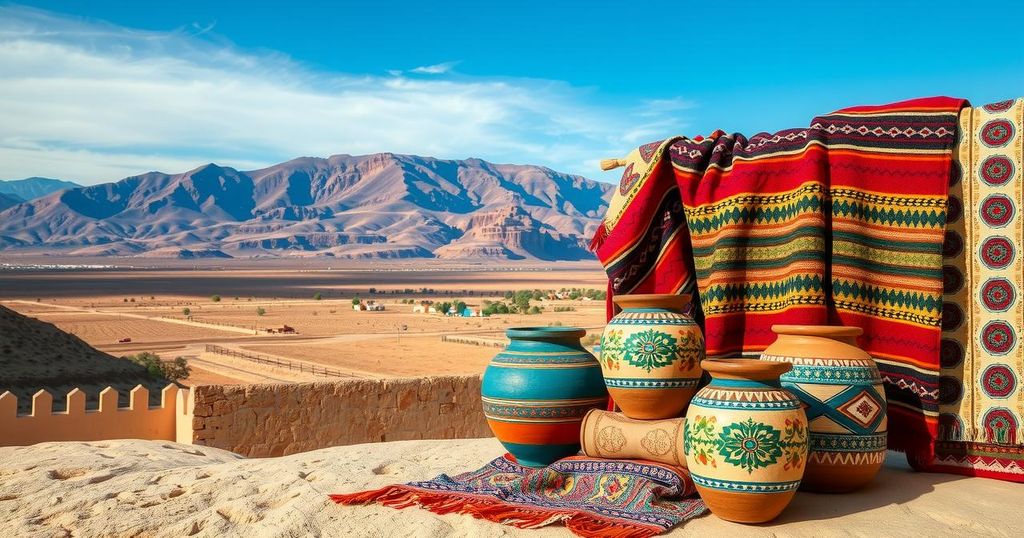King Mohammed VI’s inquiry in 1999 highlights the importance of women’s roles in Moroccan society. Despite educational and workforce equality, Moroccan women face challenges, with a Global Gender Gap Ranking of 136th out of 146. Political representation is low, and cultural barriers persist, but constitutional commitments and international agreements aim to improve gender equality. Continued efforts are essential to confront inequalities and expand women’s roles in all societal sectors for national development and reduced corruption.
In a significant address on August 20, 1999, King Mohammed VI posed a critical inquiry regarding the societal progress and prosperity of Morocco, emphasizing the essential role of women, who constitute nearly half of the population. This statement not only underscores the commitment to enhancing women’s rights but also reveals ongoing injustices that still afflict them due to neglect in policy and practice.
Despite attaining comparable educational and workforce engagement with men, Moroccan women face considerable challenges. In 2022, Morocco stood at 136th out of 146 in the Global Gender Gap Ranking. Factors contributing to this dismal position include limited political party interest in women’s issues, widespread inequality, economic disempowerment, and violence against women.
Research from 2023 by the Moroccan Organization for Family Justice indicates that a staggering 86.32% of women have never pursued political office, and only 8.49% are affiliated with political parties. In recent elections, although women accounted for 54% of the votes, their representation in parliaments and councils remains predominantly low, with only 24% of parliamentary deputies being women.
Morocco has made notable strides towards gender equality, including constitutional amendments and ratification of international gender conventions like CEDAW. However, the actual political representation of women still lags behind global averages, signifying a disparity between policy commitments and real-world application.
Various barriers continue to hinder women’s political engagement, such as perceptions of politics as intimidating, low self-confidence, and exclusion from electoral lists. Socio-cultural norms further exacerbate these issues, as women are often relegated to traditional domestic roles, which limits their public participation. Additionally, negative media portrayals reinforce stereotypes that diminish women’s aspirations in politics.
The political landscape exemplifies a gap in parity, as evident in the recent election of the House of Counsellors’ leadership, wherein women held no positions, contradicting constitutional equality mandates. Addressing these challenges necessitates collective societal efforts focusing on democratic and cultural values while fostering political engagement among young women to enhance their capacity for leadership.
In terms of economic participation, women have gradually climbed to positions of influence in government, with current figures reflecting 19.86% representation in ministerial roles, though they continue to face pay disparities and higher unemployment rates compared to their male counterparts.
While Morocco has made undeniable progress, a multitude of obstacles persist that must be confronted to enhance women’s rights and political participation. This endeavor transcends legalities and must embrace the necessity for women to engage fully in all societal aspects, which is crucial for national development and economic growth. According to the World Bank, increased female participation is linked with improved governance and lower corruption levels in public administration.
To summarize, although Morocco has witnessed advancements in women’s rights facilitated by robust commitment and activism, substantial challenges remain that necessitate a focused approach to elevate women’s roles in politics and society. Progressing beyond theoretical rights, the emphasis must be placed on improving women’s participation in all facets of life, which is crucial for socioeconomic growth and the ethical governance of the nation.
Original Source: www.moroccoworldnews.com




